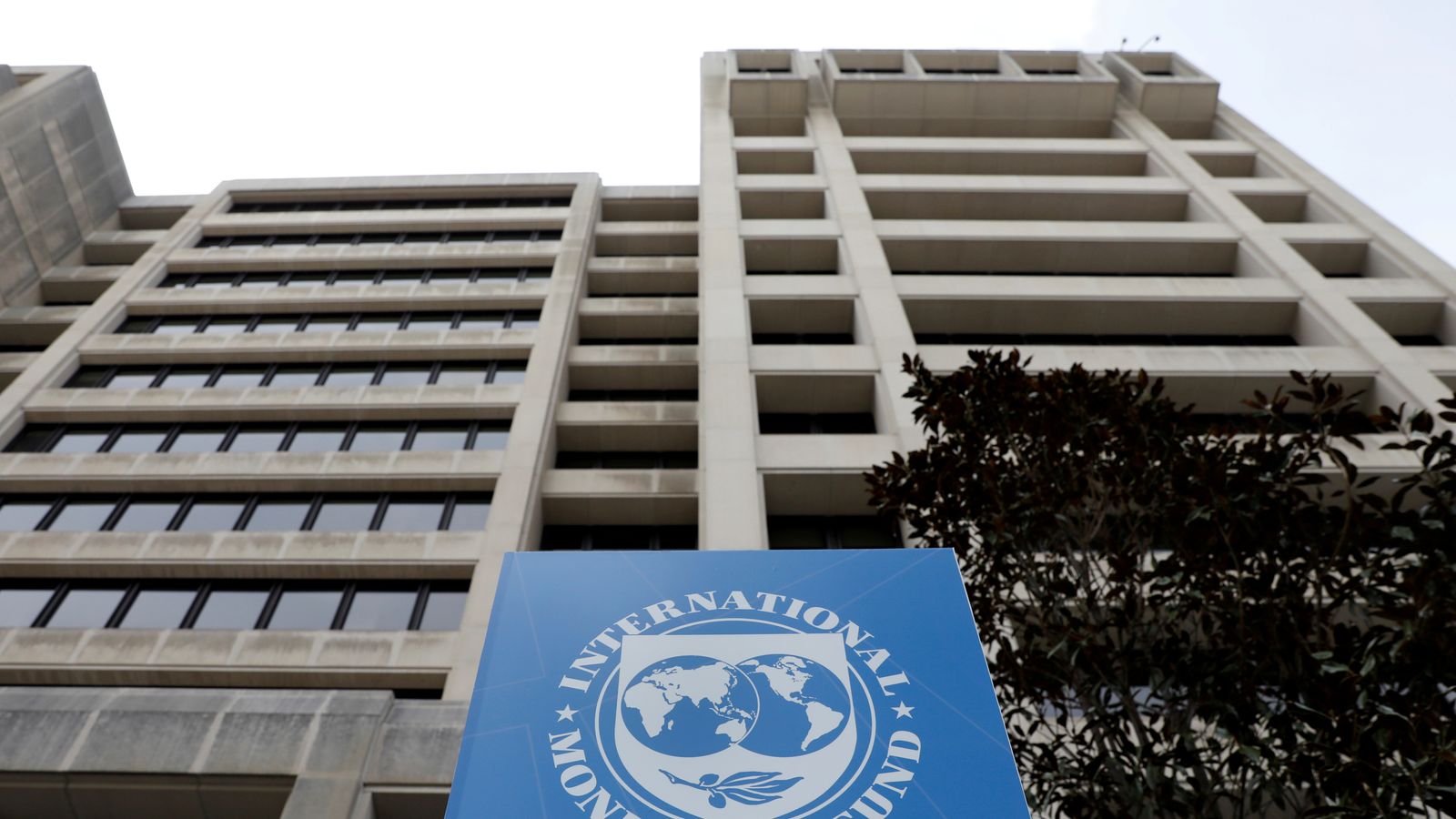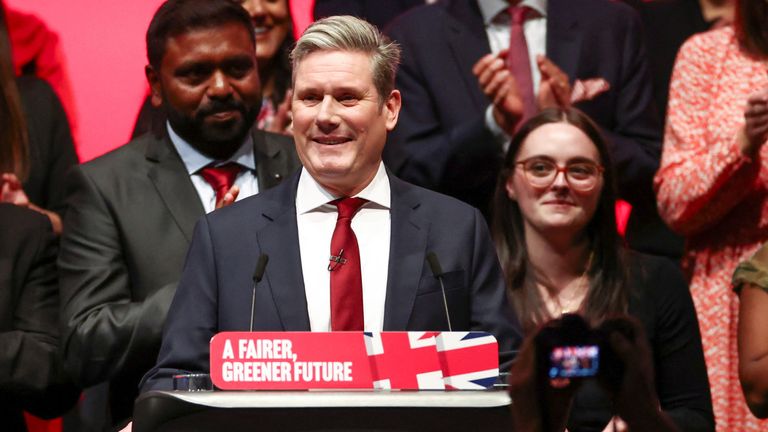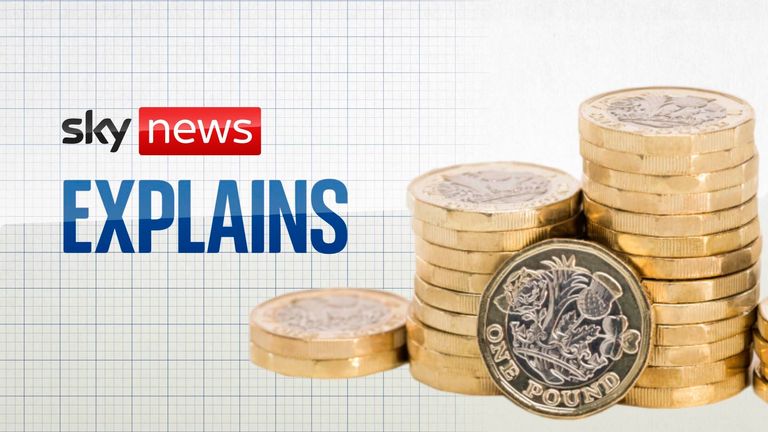The International Monetary Fund (IMF) has criticised the UK government’s mini-budget, saying the plans for tax cuts and spending will increase inequality and counteract the Bank of England’s monetary policy.
The conflicting government and currency policies, of seeking to ramp up growth via tax cuts and rein in inflation through interest rate rises, attracted sharp comment from the global financial institution on Tuesday.
“It is important that fiscal policy does not work at cross purposes to monetary policy,” a spokesperson said.
UK policy condemned as ‘utterly irresponsible’ – pound latest
The IMF – which saw its concerns echoed by a former Bank of England deputy governor – also recommended against fiscal policies not targeted towards specific groups.
“Given elevated inflation pressures in many countries, including the UK, we do not recommend large and untargeted fiscal packages at this juncture, as it is important that fiscal policy does not work at cross purposes to monetary policy,” the spokesperson added.
The organisation was unequivocal: “The nature of the UK measures will likely increase inequality.”
‘Consider more targeted support’
It is the latest in mounting criticism of the government’s decision to fund the biggest tax cuts in 50 years by borrowing money.
The announcement sent the pound to an all-time low, making importing goods more expensive, and saw government borrowing costs increase as gilt yields rose.
The IMF called on the government to consider more targeted support to families and business.
Chancellor Kwasi Kwarteng’s 23 November fiscal plan, to be announced along with Office of Budget Responsibility forecasts, would be an appropriate occasion to do so, the IMF said.
It would provide an “early opportunity for the UK government to consider ways to provide support that is more targeted and re-evaluate the tax measures, especially those that benefit high-income earners”.
Read more:
How the falling pound affects you
Why the pound’s ‘doom loop’ matters
The situation is being watched, the IMF warned, adding: “We are closely monitoring recent economic developments in the UK and are engaged with the authorities.”
The IMF has had to intervene in UK affairs in the past.
In 1976, Britain had to apply for an IMF loan of nearly $4bn during a financial crisis. At the time, IMF negotiators insisted on deep cuts in public expenditure.


